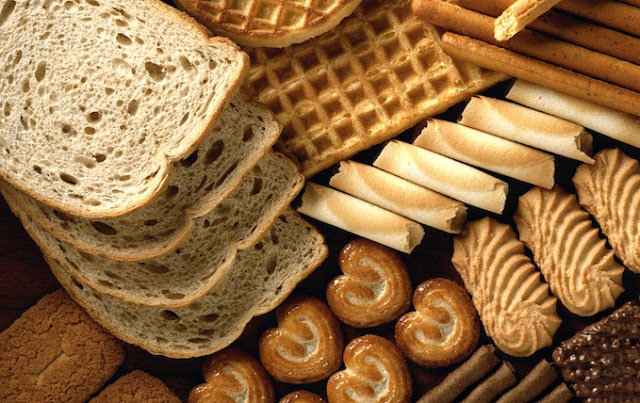NUTRITION AND BALANCED DIET
The human body like any other machine, needs high quality fuel in order to function at its very best, for example athletes. Athletes have all the nutrients they need to help them perform at their best.A healthy diet is one that helps to maintain or improve overall health. A healthy diet provides the body with essential fatty acids, vitamins, minerals etc and some adequate calories.The requirements from a healthy diet can be met from a variety of plant based and animal based foods. A healthy diet supports energy needs and provides nutrition without exposure to toxicity or excessive weight gain from consuming excessive amounts. A properly balanced diet (in addition to exercises) is also thought to be improvement of lowering health risks. such as obesity, heart diseases, type 2 diabetes, cancer and hypertension.
Balanced diet contain good nutrition. Balanced diet gives your body the nutrients it needs to function correctly.
There are 7 components for a balanced diet which are:
Carbohydrates, Proteins, Fats and lipids, Minerals and vitamins, water.
CARBOHYDRATES:
Carbohydrates are the main source of energy for our body. The energy is used first before any other source because they are
easily digested. Aids with bodily functions and provides vital nutrients for good bacteria in our intestine that helps digestion.
Recommended daily intake = 40 to 50%
1 gram of carbohydrate
produces 4.6 kilo calories (4600 calories)
PROTEINS:
Proteins are the secondary source of energy. Carbohydrates and fats are low but protein are high source of energy. the active individuals require more protein in order to promote tissue growth and repair. By taking right amount of protein and appropriate training one can build muscle mass and an ideal body.Recommended daily intake= 25 to 35%
1g of protein produces 4.2 kilo calories (4200 calories).
FATS AND LIPIDS:
Fat is a concentrated energy source. it is predominantly used for low intensity exercises. It actually helps in vitamin and mineral absorption.Recommended daily intake is 25 to 30%
1g of fats produces 9.1 kilo calories (9100 calories)
MINERALS AND VITAMINS:
The body cant make its own vitamins and minerals so we get them through consuming certain nutrients. They activate the metabolic processes of our body and release from foods.They Builds and maintain bones, teeth skin and blood and help maintain a normal healthy body.WATER:
It is the most abundant single constituent of the body. Water forms 75% of total body mass in a newborn, 60% in a lean adult male and 50% in an adult female. In obese people the water content of the body is about 10% less. It is a medium in which body solutes are dissolved and most of the metabolic reactions take place.Vital for transporting nutrients and oxygen around the body. And it is very important for digestion.
A deficiency of any one type of nutrient can lead to a disease, starvation (or dehydration in the case of water) and subsequent death.






No comments:
Post a Comment